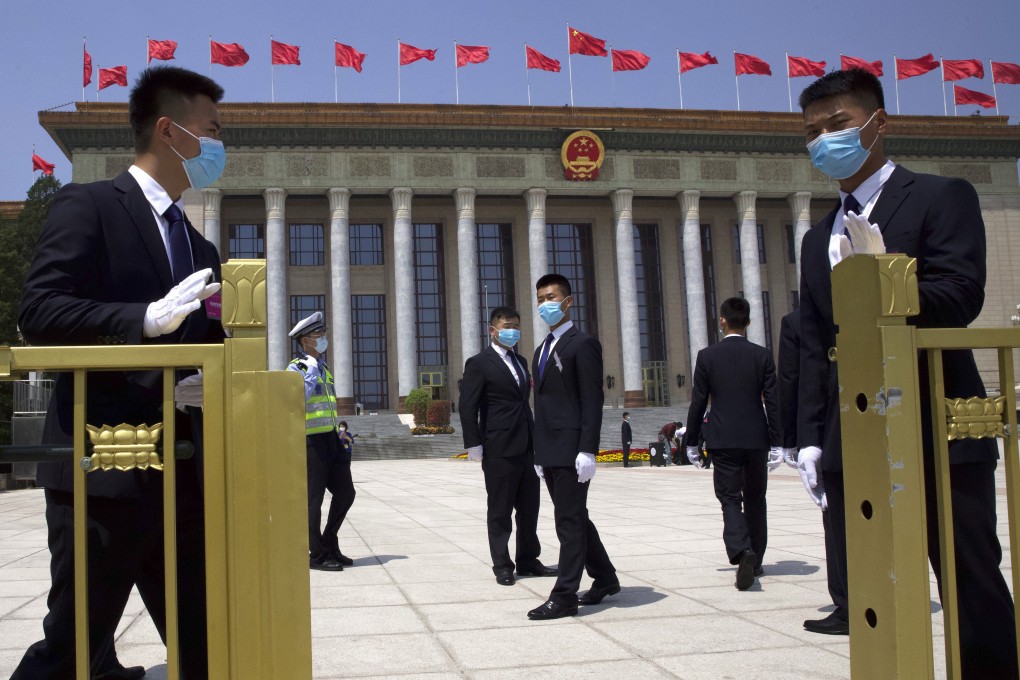Advertisement
Explainer | What does Beijing’s new national security law for Hong Kong cover, and who should worry?
- The possibility of new security bodies in the city, or ‘one-size-fits-all’ charges being used against activists are among issues prompting concern
- Despite the central government’s move, local leadership is still expected to craft their own national security law under the Basic Law’s Article 23
Reading Time:5 minutes
Why you can trust SCMP
0

In a political bombshell that carries potentially drastic implications for Hong Kong, Beijing has decided to bypass the Legislative Council and craft a new national security law tailor-made for the city. The new law was introduced after almost a year of increasingly violent anti-government protests, and has sparked concerns over the fate of the “one country, two systems” blueprint that has guided Hong Kong since the handover. Here are the answers to key questions.
1. What is the draft legislation about?
According to the resolution put forward at the National People’s Congress (NPC) on Friday, the new law is intended to prevent, stop and punish acts in Hong Kong that threaten national security, and encompasses secessionist and subversive activity as well as foreign interference and terrorism.
The NPC also highlighted the responsibility of Hong Kong’s leader to protect national security by launching promotional and education programmes on the matter, prohibiting acts that threaten national security, and submitting reports to the central government on a regular basis.

2. Who is going to enforce the law?
This remains unclear, but the resolution has specified that relevant Beijing authorities overseeing national security can set up organisations in Hong Kong if necessary, implying mainland agents would have enforcement powers within the city.
Advertisement